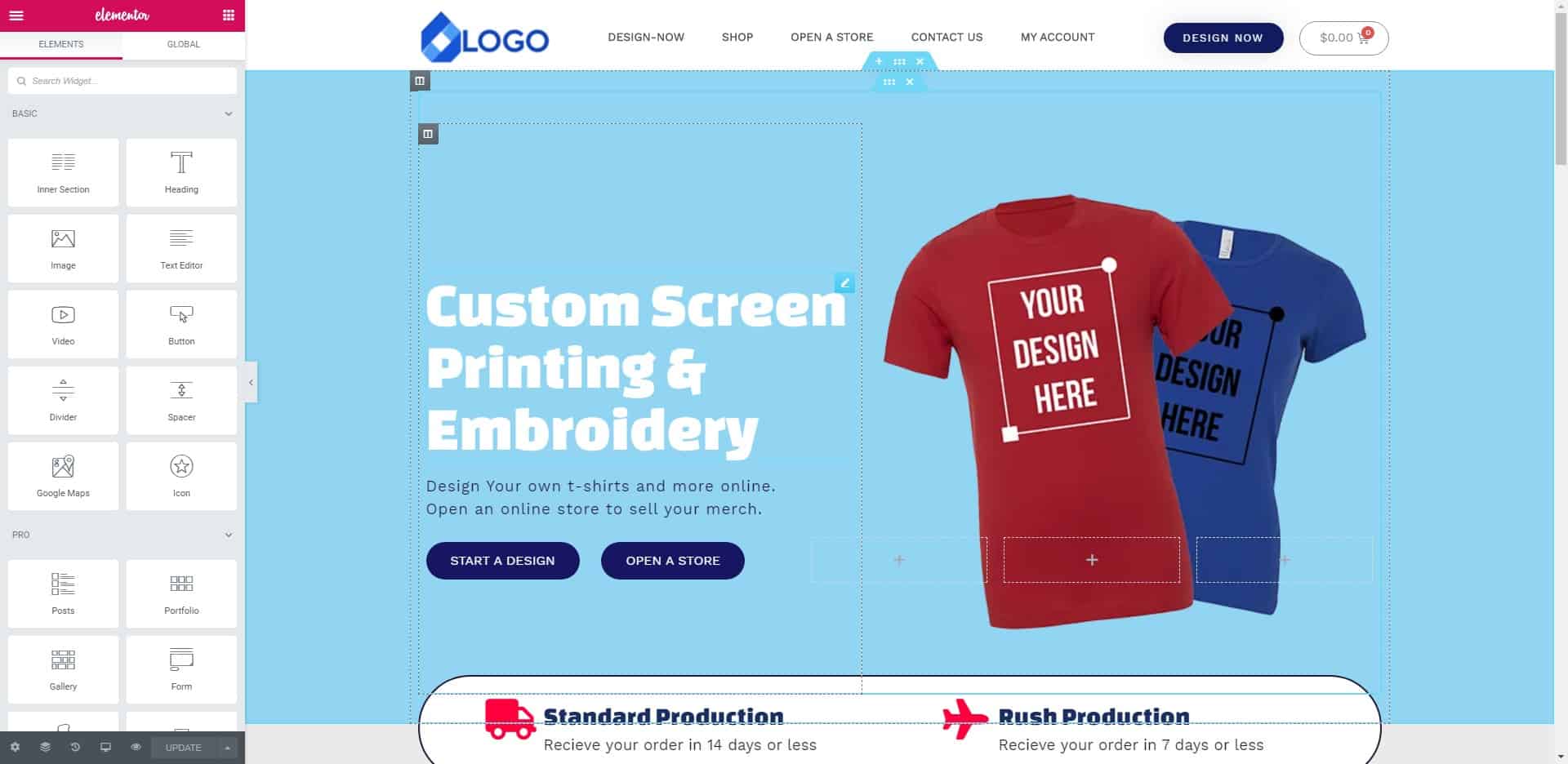
The modern world is so full of buzzwords, abbreviations and strange new terms that it can be hard to keep track of which ones actually mean something useful. Take CRM software, for example. Even when you know that it stands for ‘Customer Relationship Management’, you could be forgiven for thinking ‘So, what does that even mean and what’s it got to do with me?’
Let’s start with what Customer Relationship Management software actually is. In its most basic form, it’s a database in which you can store all the information you have about your customers and potential customers, including messages sent and received, orders placed and even enquiries that didn’t ultimately lead to an order. New CRM software is expanding its capabilities, however. Now it can help you gather new information that you didn’t previously have access to, such as which of your web pages a customer visited and whether they have opened your emails.
So, why is CRM software something a print company would need? Well, nearly every contact that you have with a customer or potential customer can provide you with useful information, much of which you should already be at least trying to keep track of. Even if you’re still using a paper ledger, you’ve got a record of orders placed – the date, type, and size of the order and any notes you may have made. If you want to check back to see how frequently a customer has ordered and whether there’s been any variation, you can flip through and work it out. You may even have some scribbled-out entries representing orders that were never finalized, though you probably don’t have more than a cryptic note to remind you why they didn’t work out. You’ve got your address book somewhere else – maybe on the computer, so you can look up your customer’s contact details if you need to get a message to them. You’ve got a calendar to help you keep track of any appointments, order deadlines, etc. and you’ve probably got piles of scrap paper and sticky notes with phone messages, order queries, potential leads, and other information that’s destined for the trash can.
A good crm software system would take all of those random scraps of information and bring them together into one, properly organized and easily searchable place. If you start to worry that a previously good customer hasn’t been in touch for a while, you can simply have a look at their file and immediately see how long it has actually been since their last order, check that against their previous buying behavior and read any notes that you’ve left that might mention upcoming changes in their situation. You can see whether the buyer has visited your website at all or opened any of your previous messages and, if you want to, you can send them a quick email with a special offer to entice them to come back to you – later, of course, you’ll be able to check to see whether they’ve opened that one!
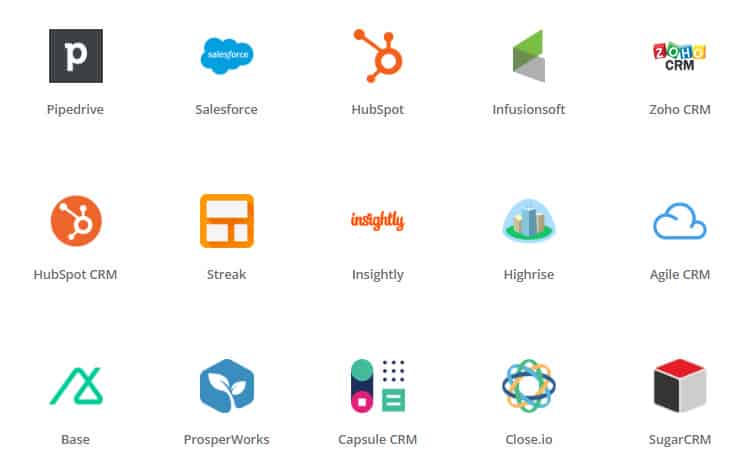
CRM software is a vital tool for use in one of the most important modern marketing techniques – inbound marketing. The idea behind inbound marketing is that you build up a relationship with a customer, rather than just give them a hard sell. A potential customer is first ‘attracted’ to your brand, using a carefully crafted online marketing plan, probably involving social media. After this, the plan is to convert the potential lead into a ‘follower’ of your brand, by offering something with a perceived value in return for their contact details. The enticement being offered doesn’t need to be a costly one – a discount coupon (possibly even for a partner brand that the customer has been known to use), a competition entry or access to a video tutorial or other interesting material might be all it takes. What you get in return is the potential customer’s email address, which is the real hard currency of inbound marketing. With their contact details and any other information that you’ve managed to glean about their preferences and buying habits from your social media campaign, you can start to craft targeted emails, with a view to gently persuading the follower of your brand to become and actual consumer.
With CRM software, you can track every step of the inbound marketing process, from first contact through to (hopefully) the eventual flowering of this carefully nurtured customer. You can easily call up the entire history of their relationship with your business, including any contact initiated by them, the deals that you’ve offered them and whether these provoked a response, any orders they’ve placed and even what they’ve looked at on your website. Using your CRM system, a customer who visits your website can be tracked through the entire buying cycle. Even if they click on the details of a particular product or perhaps use your online design software but then don’t actually complete a purchase, they can receive a targeted email shortly afterwards, with some gentle encouragement to come back and place an order. This encouragement might take the form of a simple reminder or it might include something more valuable, such as a discount on their purchase or possibly a link to a fun video tutorial on using the design software, in case the problem was a lack of confidence. With CRM software, you are building up a picture of the individuals who come into contact with your business, so you can more easily create different email campaigns to appeal to different customer groups.
CRM systems can be integrated with your main business software, including web to print software, along with other useful applications. This means that all of your systems can work together to make the user’s experience with your web site an easy and supported one. A user who seems to be stuck on one particular aspect of your online designer tool may be experiencing difficulties so, after a set amount of time, the system might trigger a friendly enquiry from your helpdesk software, offering a link to a help page that might be of use. For larger companies, it might be live chat software that kicks in, enabling your customer support team to guide a user who might be thinking of giving up along the path towards eventually placing an order. The CRM system will record to exchange, in either case, so you have added more information to the picture you are building up of your customer. The customer who feels more supported and satisfied that their queries are being addressed will feel more warmly disposed towards your business and more likely to return in future.
Most CRM software is highly scalable. A small startup needs a quick solution, rather than yet another complex and time-consuming process to be learned. Entry level CRM will give a small company the means to record every useful aspect of their customer data right from the outset, providing them with a building block on which to base their future growth. As businesses expand, adding more staff and gathering more customers, each aspect of customer relations naturally becomes more complex and there can be a tendency for the customer to feel more distanced from the concerns of the company. CRM software can be invaluable at this stage – helping to keep the message consistent, so that your customer does not feel that they are being given different information each time they make contact. However many sales staff you eventually hire, so long as they are all using the same CRM software, then the personality of your business should remain the same in your customers’ perceptions.
To sum up, CRM software is certainly a vital tool for print companies wanting to stay competitive in a global online market place. Whether or not you are using web to print software, your business needs to reach and stay relevant to your target audience. That means that you need to get to know that audience and develop a real relationship with them. So, what do you need to look for in a good CRM software package?
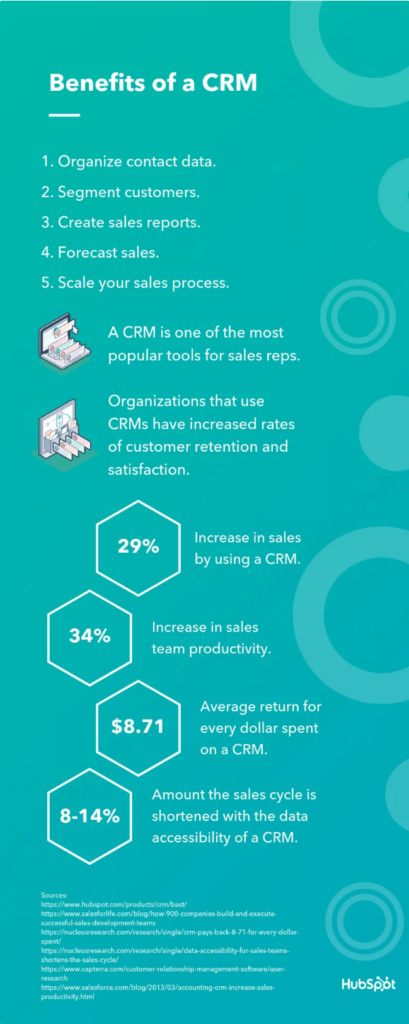
Well, the main point of the software is to develop and organize your database of leads and customers, so the first thing to look for is a simple, user-friendly interface which allows you to rapidly call up any and all information about an individual or group. If you want to send a targeted email to a particular demographic, you should be able to easily group that demographic in your CRM interface, check the number of leads and anything else you want to know before making contact and then fire off an email which will go only to that group. Alternatively, if you want to see your data on a particular individual, you should be able to bring every contact you have ever had and every note you have ever made about the person onto the screen along with all other details that you have on them. This interface needs to be easily searchable and responsive and allow you to take any action you think is necessary with regard to the lead or leads without leaving the CRM software environment.
An example of such an action (and the next important aspect of the software to look for) is making contact with the customer by either phone or email. Your CRM system should be integrated with your phone and email systems. If you are planning a targeted email campaign, you shouldn’t have to paste text from your CRM software into your email client. Instead, you should be able to set up and send the campaign directly from the CRM interface. Likewise, if you need to phone a customer for any reason, your CRM software should be more than just a contact directory. Once you’ve found the customer’s details, your CRM system should also supply the telephony software capability to let you place the call with a single click – the system will then log the call (some systems allow you to save a recording of the call, should you wish) and any notes you make will be associated with that call next time you check the customer’s details.
If you’re a small start up business, then you may not be too concerned with the level of automation that a CRM package can provide. You may have a system for sending invoices and other admin tasks and feel that this is an area that doesn’t require too much investment, at a time when you have other funding needs. However, some of the most useful automation that CRM software can carry out for you at this stage is in generating marketing emails in response to some action taken by the potential customer, such as following a link on your website. In time, you’ll also find that the ability to delegate many of the more routine tasks to your software package can be a helpful time-saver.
Almost every type of business software needs a reporting capability and CRM is no different. You need to be able to analyze the success or otherwise of your marketing campaigns and other aspects of your customer service relationship. With all the data recorded by your CRM package, you can create many different types of reports, keeping track of your success at converting leads into orders and/or in generating repeat business, for example. Your CRM software should be flexible enough to give you the data that is relevant to your business and break it down into time scales that are valuable to you. A good CRM package is a gold mine of easily accessible and highly manipulatable data, which can help you plan the best strategy for the future of your business. A great example of CRM Software that Print Shops can use is Hubspot.
Share this post
Recent Posts

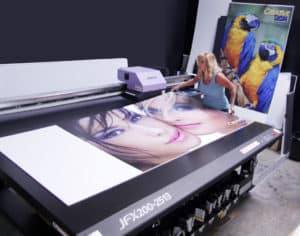
Websites For Sign Shops and Large Format Printers
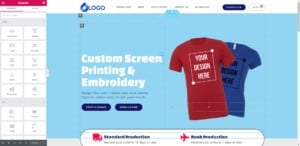
Announcing DIY Plans
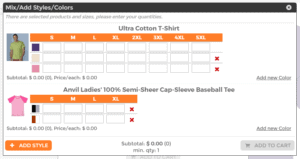
Feature Spotlight- Mix Styles and Colors
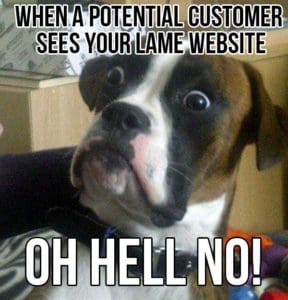
Website redesign for your print shop.
Newsletter
Related Posts

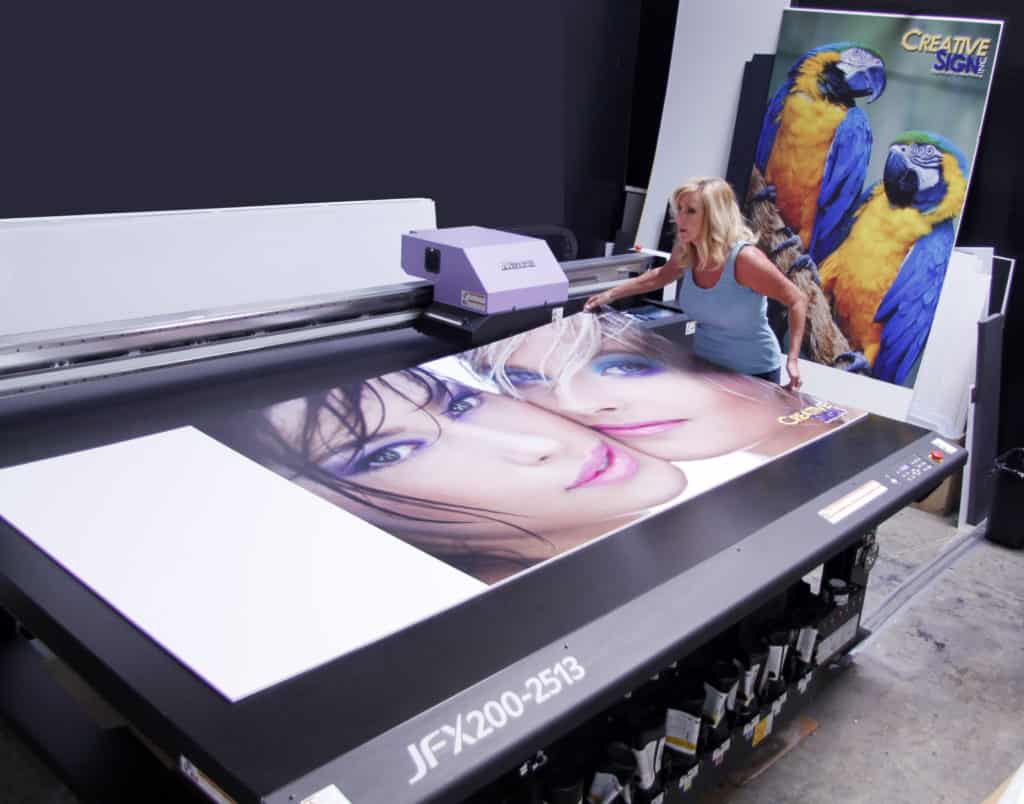
Websites For Sign Shops and Large Format Printers
